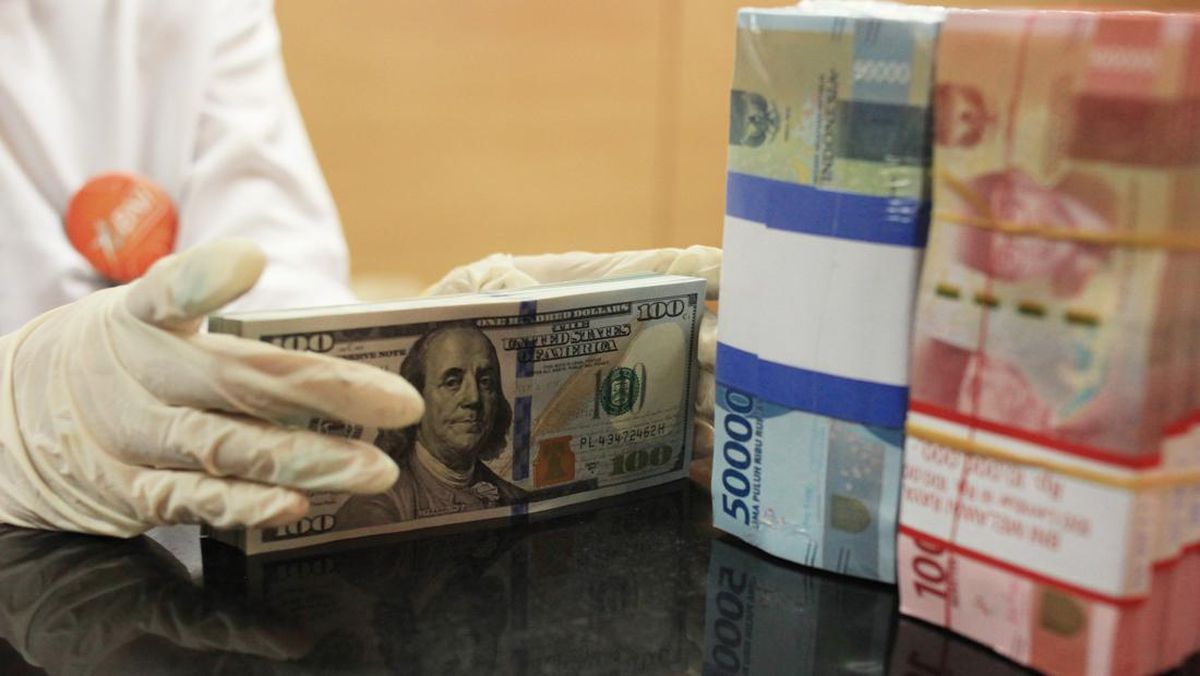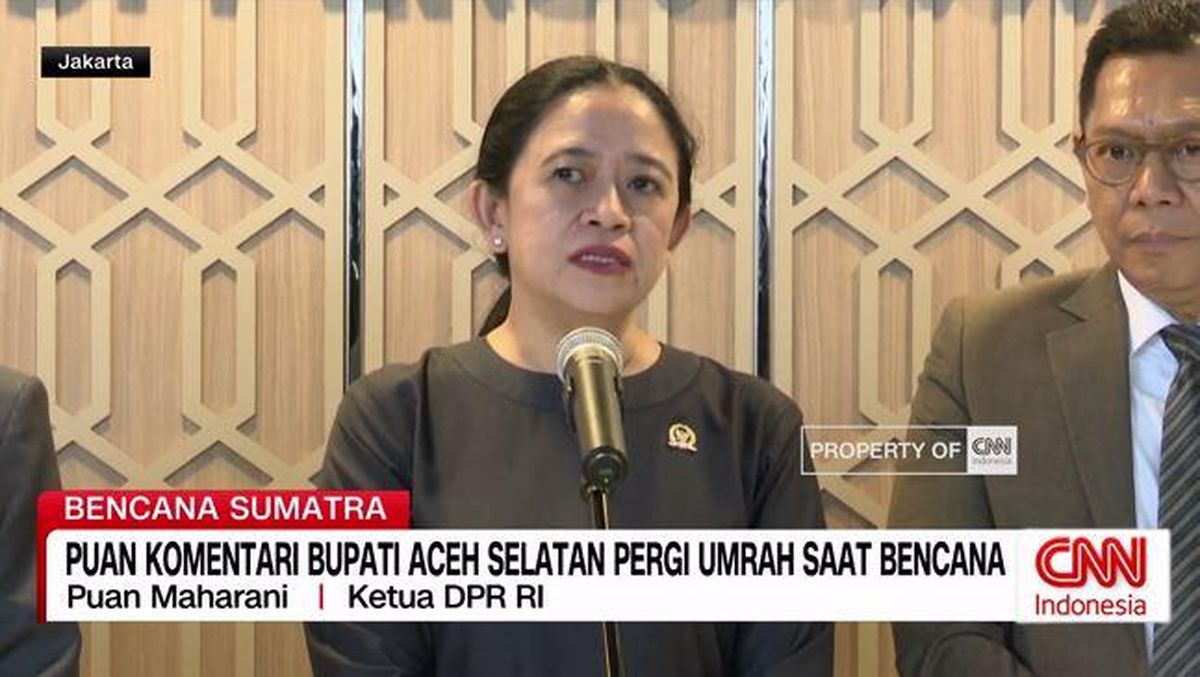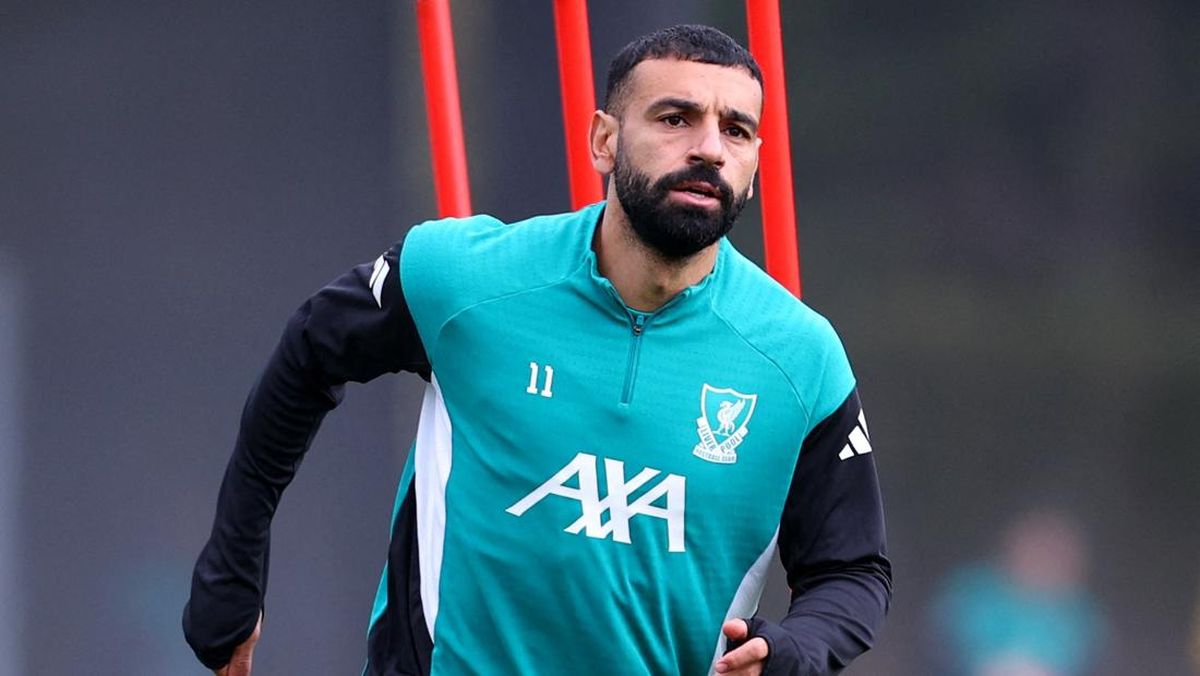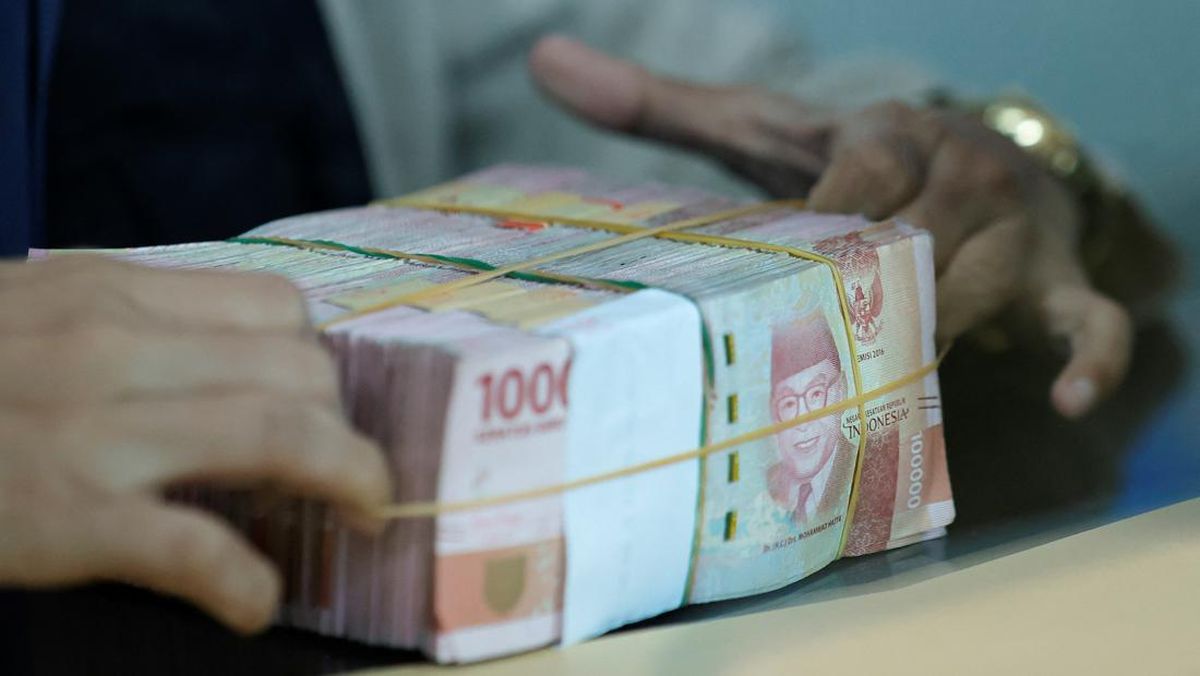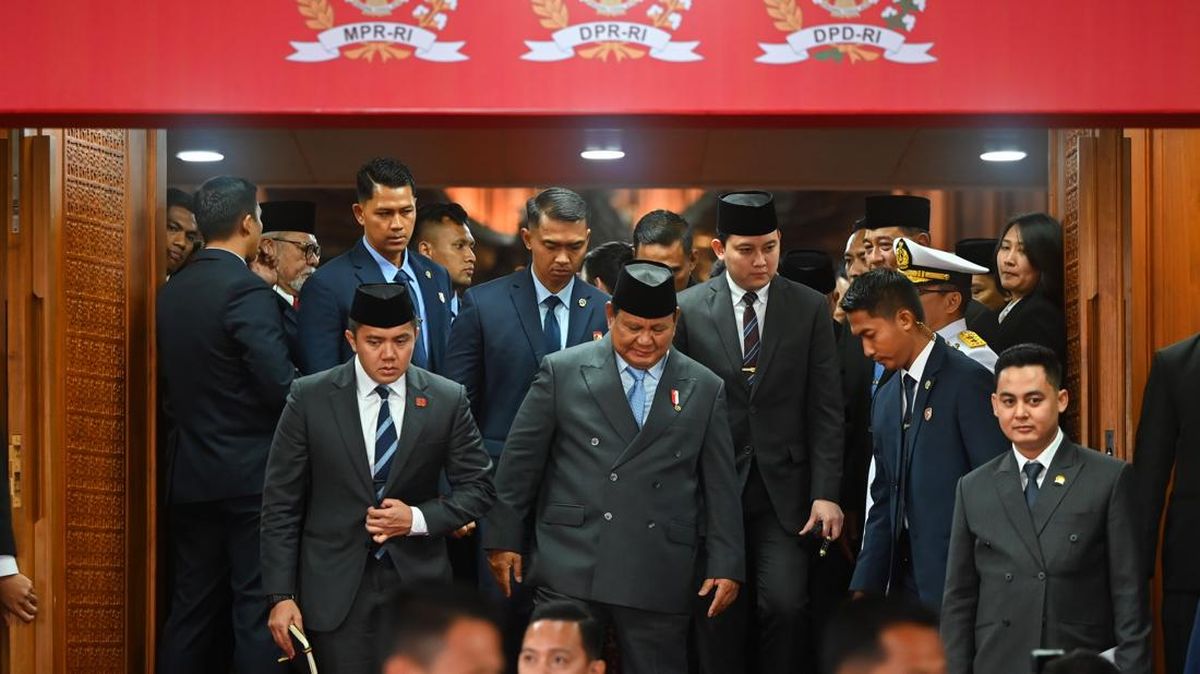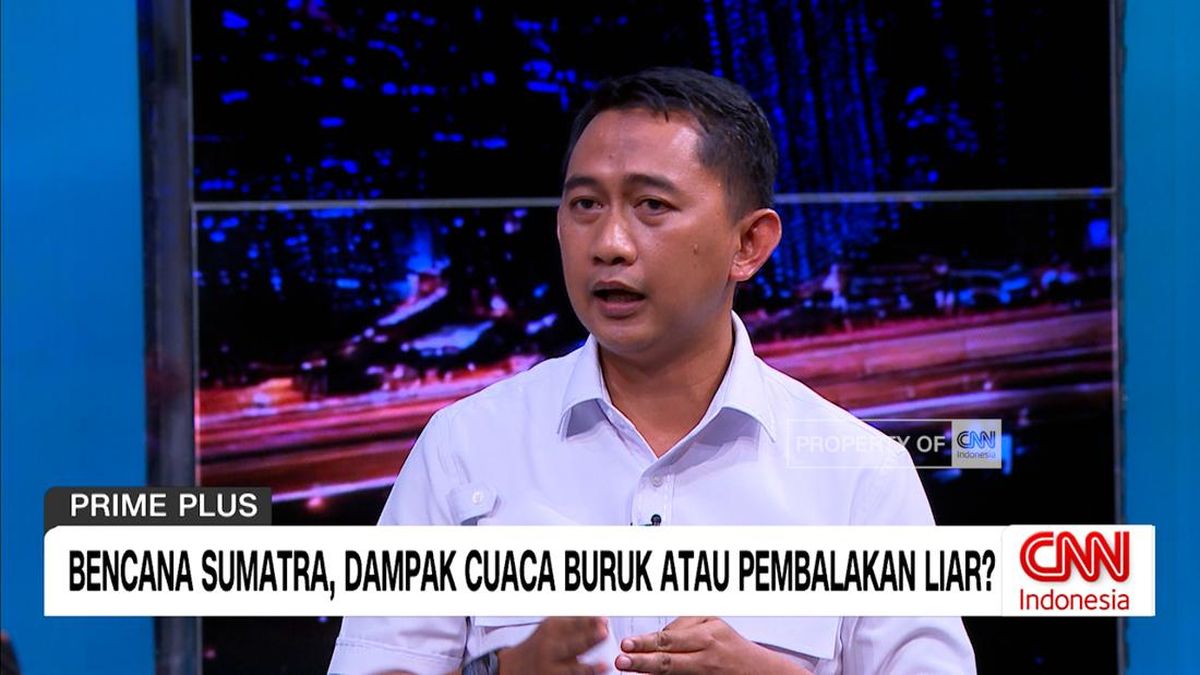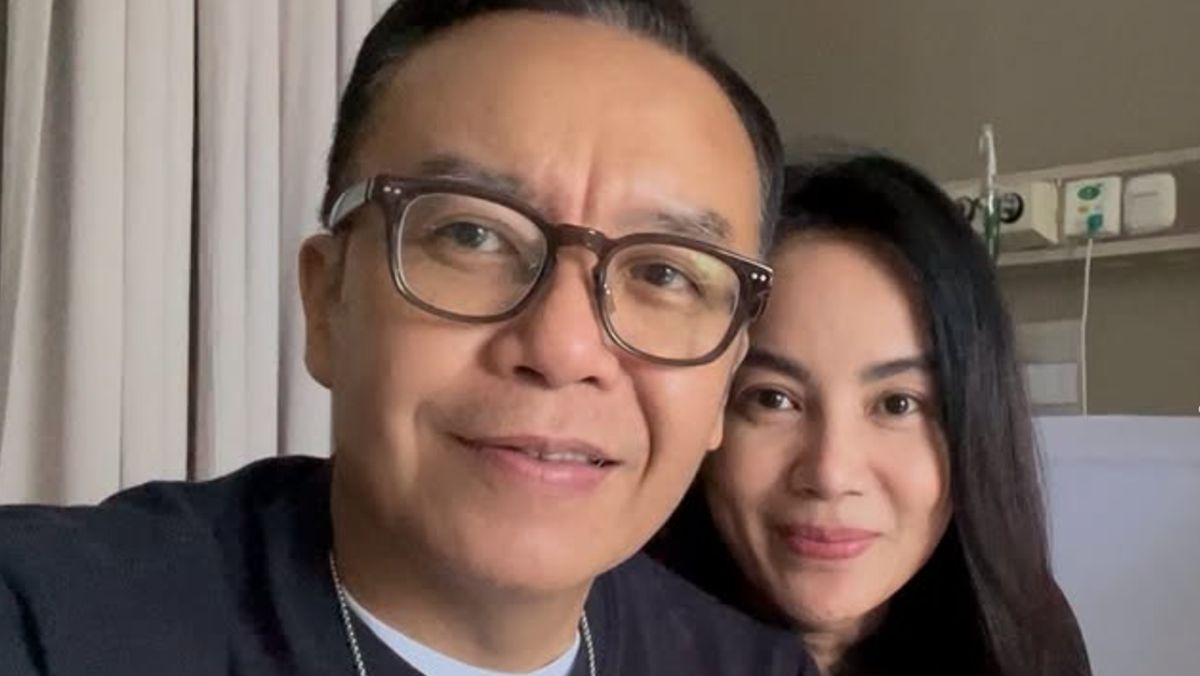By Amanda Smith
October 15, 2025 — 5.01am
“I have some news,” my best friend announced, midway through our usual catch-up call. “I’m pregnant. We weren’t trying, but I must’ve ovulated early.”
Two months later, I received the same call from another close friend. Both were spontaneous pregnancies with their second child at 36. I’d become accustomed to these announcements, yet each had its own special sting.

Amanda Smith (right) and her wife.
“It just happened” isn’t in my queer vocabulary.
It’s important to drop all timelines and comparisons because the markers of success in adulthood – house, marriage, kids – don’t come as easy for queer folks. While LGBTQ+ visibility, social acceptance and reproductive technology are better than ever, there’s more to equality than rights and representation. There’s a hidden “tax” to consider.
Australian women still earn 78¢ on average for every $1 earned by men. That’s a $28,425 deficit per year for lesbian households. Same-sex people face significant out-of-pocket costs to build their families, such as IVF, donor sperm, surrogacy and adoption.
Loading
Queer folks tend to end up in bigger cities (with higher costs of living) searching for freedom, chosen family and a community that embraces love of all stripes – but that makes saving or entering the property market harder, even on a higher income. Buying a house isn’t as easy without the “handy husband” to handle maintenance.
We can’t rely on inheritance either – experiences of family estrangement and discrimination still happen, even in 2025.
This is all layered on top of years of financial insecurity from identity-driven decisions. Overspending as a coping mechanism is common, especially before coming out.
Wellbeing and wealth are inextricably linked, especially for queer folks. Internalised shame can be subconsciously running the show. Angelo Baronessa, director of Divergent Wealth, an LGBTQ+ specialist financial firm, says trauma, biases and experiences all play into it.
“During COVID, a high-earning friend withdrew money from their superannuation out of fear they wouldn’t live to retirement age; a belief shaped by past hardships,” Baronessa says.
“It was something I noticed increasingly being mentioned by the community. This highlights how financial decisions can be deeply informed by both practical reality and powerful emotions.
Queer people are remarkably proactive about wealth protection and legacy, because we have to be.
Deep-rooted shame can make people feel undeserving of financial security or success, and it’s difficult to stop that mindset.
“Breaking these cycles takes more than technical advice. It’s about creating a space where people feel respected and empowered to take control of their financial future, regardless of their background or past experiences.”
Baronessa believes queer people should acknowledge and embrace their different needs to the traditional approach of financial planning. With one in 20 Australians identifying as LGBTQ+, this is a sizable (and growing) subset of the population.
Money is deeply personal, and with the average age of an Australian financial adviser being 52, and the overwhelming majority being cisgender males, it can be difficult to find the right financial assistance.
“When people feel seen and understood, they are far more likely to take the steps needed to build wealth and long-term security,” according to Baronessa.
Residual repression
My queer love story has a happy ending. I’m married, living in New York City, and have access to world-class IVF clinics. Our family and friends accept us and our sexual identities are the least interesting thing about us. This is the goal – to live and love freely.
Yet I still grapple with the grief that my wife won’t be genetically connected to our child or the fact that I never had that moment where I told my best friend I’d fallen in love because I hadn’t yet come out.
Loading
No one prepares you for a lifetime of coming out. I get that familiar pang of fear every time a well-meaning stranger asks, “what does your husband do?” I’ve never subscribed to presenting as “gay” because I feel myself the most as a feminine woman.
While the world has come far in accepting queer love, there’s still an element of fight or flight that’s easily triggered as rights can just as easily be stripped away by conservatives in power.
This means queer people are remarkably proactive about wealth protection and legacy because we have to be. We don’t have the luxury of putting it off.
Liberation from gender roles
Processing one’s sexuality is a lifelong journey. I’ve also come to believe it’s part of my superpower, not a flaw or defect. It doesn’t have to hinder my life and certainly not my finances. And I’m not alone in this realisation.
“One of the greatest assets for queer couples is the freedom and flexibility to redefine what financial partnership means. Without defaulting to traditional gender roles, couples are often more intentional about who manages the money, who takes time off for children and how family responsibilities are shared,” Baronessa says.
“This can lead to more balanced, creative and fulfilling financial decisions.”
Freeing our household from externally imposed expectations is a gift and a beautiful way to live. It takes time to get here, but it’s so worth the journey.
Amanda Smith is an Australian writer and cultural journalist. She lives in New York City.
Expert tips on how to save, invest and make the most of your money delivered to your inbox every Sunday. Sign up for our Real Money newsletter.
Most Viewed in Money
Loading

